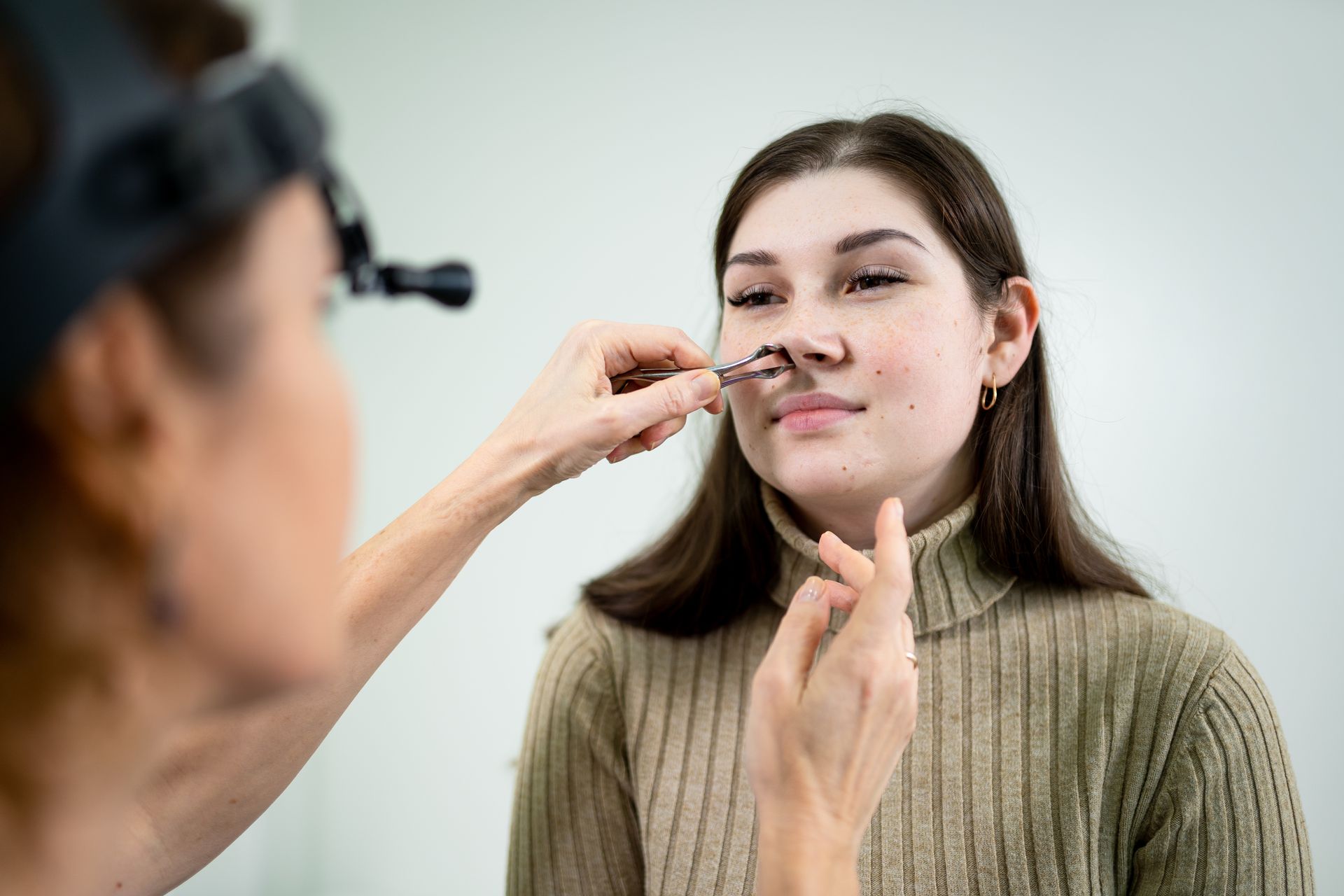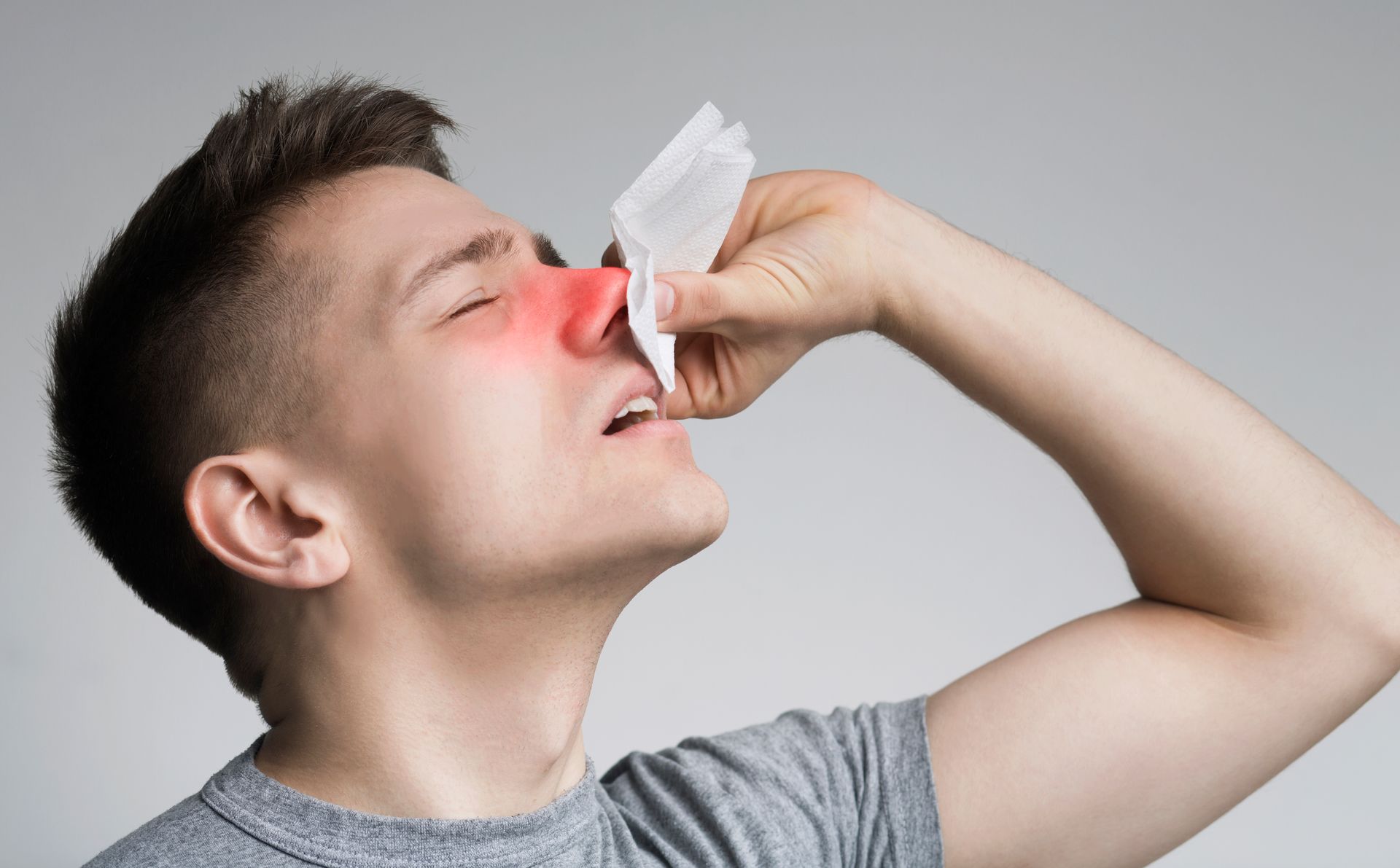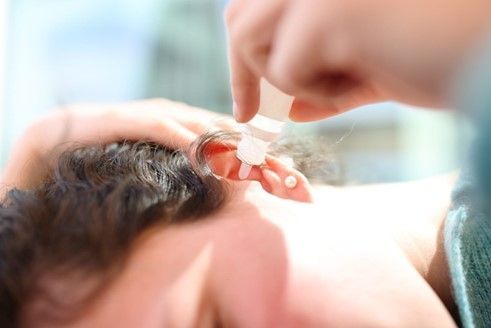How to Prevent Swimmer’s Ear This Summer
Swimmer's ear, or otitis externa, is a common problem among swimmers and one that can be easily avoided with the proper precautions. According to the NIH, this common condition happens to 10% of the population at some point. People at high risk of having swimmer's ear include those who spend extended periods in the water, recently had surgery, or swim with untreated ear or sinus infections. Swimmer’s ear can cause itching, pain, and discharge.
Prevention is key when it comes to treating this condition. Keep reading to learn how you can prevent swimmer’s ear this summer.
Keep Your Ears Dry After Swimming
Drying your ears is one of the most important things you can do to prevent experiencing swimmer's ear. After swimming, showering, or washing your hair, dry your ears with a towel. You can also use a cotton tip applicator and gently dry inside the ear canal until no more water comes out. A hairdryer used on its lowest setting can also help to gently and indirectly dry out your ear canal.
Use Protective Gear
Wearing swim caps and custom earplugs when you're in the pool can help keep water out of your ears. Swim caps are especially helpful in preventing swimmer's ear in children, who may have a hard time keeping their heads above water on their own. Custom earplugs offer the same protection as swim caps but are more effective at sealing water and other fluids because they are custom designed for an individual's ear.
Don’t Put Objects Inside the Ear Canal
Never clean your ears with cotton swabs or other small objects. You might think that removing a wax buildup will help prevent swimmer's ear but it can make the problem worse. In addition to pushing the wax deeper into the ear canal, these items can damage your eardrum and cause infections.
Don’t Try to Remove Ear Wax
Ear wax is a natural substance that protects the ear canal from infection. Ear wax also repels water and protects you from developing swimmer’s ear. However, it is important to consult your healthcare provider if you suspect that ear wax has clogged the ear canal. Too much or too little ear wax can cause problems.
Maintain Healthy Skin
The condition of your skin inside the ear canal may affect your risk of developing swimmer's ear. Dry, cracked, or damaged skin increases your chances of contracting the infection. Avoid getting irritating chemicals into your ears, such as hairspray. It is recommended that you moisturize your ears with ointments and creams if you are suffering from dry, damaged skin around your ears.
In Conclusion
The best way to avoid swimmer’s ear is to prevent it in the first place. After all, this is a condition that causes you discomfort and pain when left untreated. The best way to do so is by taking the necessary precautions before entering water or swimming pools.
If you believe you have a chronic problem due to a swimmer's ear or another type of ear infection, Kentuckiana ENT, a division of ENT Care Centers is here to help. With our expert physicians, we can help you treat your ear infections. We offer efficient and convenient ENT care to patients in Louisville, Kentucky, and Jeffersonville, Indiana. If you have any questions, please call 502-894-8441 or book an appointment with us.













